While brakes are possibly the most important component of your bike, it is often overlooked by many cyclists. Until they stop working of course.
The core of the brake’s performance is centered on the braking pads. New healthy brake pads will not only provide safety but also enhance your cycling experience. Whereas worn out pads look to do the opposite.
Thus it is imperative that you change your brake pads often, which brings us to the title of this article.
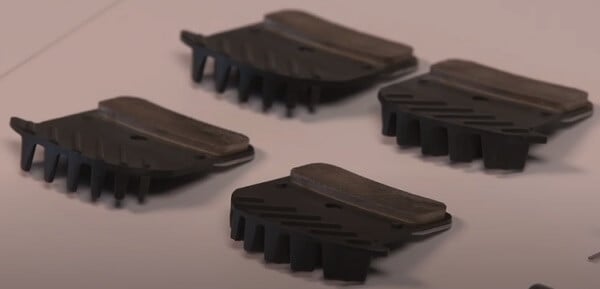
There really is no concrete answer to the question. From a general perspective, you should replace your brake pads when they stop performing well. That usually happens when the compound on the braking pads wear down to about 25% of its original thickness. Since braking pads have 3-4mm of compound out of the box, you should be replacing the pads as soon as the thickness drops to under 1.5mm.
But reaching that point depends on a lot of factors and variables. There are also other visual tells that indicate when it is time to replace your braking pads. Even though disc brake pads have a greater longevity than rim brake pads, that time of replacement will still arrive eventually.
Factors That Affect Brake Pad Health
Let us first start with why your brake pads wear out and how fast they do so.
1. Longer Rides
Whether you are commuting or riding trails, longer rides always mean more braking. This directly translates to your brakes pads wearing out.
On a positive note however, being on your bike for longer periods will help you to be in tune with the technical aspects of your bike. This will allow you to recognize the rhythm and the inner workings of your bike, so that when some feels off, you can immediately pin-point the source of the problem. In this case, the braking pads.
2. Technical Rides
In tandem with frequency of rides, we have to consider the technicality of the ride. Disc brakes are predominantly used by mountain bikers thanks to its many off-road advantages.
Mountain biking trails have a higher level of technicality than road biking tracks, meaning you will need to brake more often which directly translates to better control of your bike.
The more active and technical tracks you ride, the more your brake pads are likely to wear out faster.
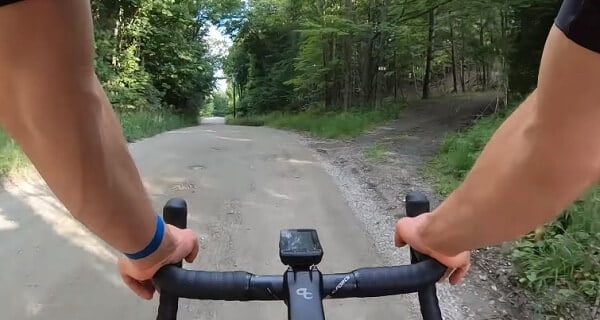
3. Weather and Environment
The amount of braking you do is also dependent on the weather conditions and the terrain you are riding in.
Disc brakes have an advantage over rim brakes of not accumulating dirt and other contaminants from the rims to the braking pads, especially in wet weathers.
But riding in winter or in mud may contaminate the rotors, which in turn may affect brake pad health.
4. User Weight
The more weight the overall system has the more pressure the brakes go through. With many modern bikes weighing almost nothing at all, most of the weight to the system comes from the cyclist.
A person weighing 75kg will exert more pressure on the brakes than a person weighing 60kg. Meaning, the 75kg person may need to change their braking pads more often.
When should you replace your bike’s disc brake pads?
Taking into account the factors we have just discussed, there can be a lot of other tells that indicate that you have to replace your brake pads.
1. The feel of your brakes feel worse
First of all is the feel of your brakes. If your brakes do not feel as stiff and responsive as they did when you first got them, you might need to change your brake pads.
If you are using a mechanical disc brake, you can feel how much your brake pads have worn out by the feeling that you get when you pull on the brake lever. With worn out braking pads, the brake lever needs to be pulled further back, almost to the handle, to get a proper response. It is time to change your brake pads.
For hydraulic disc brakes, this can be a bit more complicated as the pistons in the caliper self-adjust along with the wearing of the brake pads to accommodate for its reduced thickness. We have to look for other methods in this case.
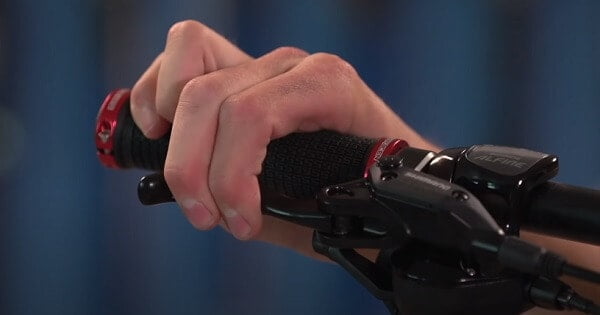
2. The brake pads look worn out
The second way to approach the question is to do a direct visual inspection of the brake pads. It can be a bit tricky and time consuming as you need to peer really close, perhaps also with the assistance of a backlight, to actually see the braking pads around the rotor. You can even take out the braking pads for a closer inspection.
New braking pads usually have 3-4mm of compound on the plates. This wears out due to use and the many factors that we have discussed previously in this article. There should always be a decent amount of compound on the metal back plates for your brakes to perform as intended. But if the compound has thinned out to be less than 1.5mm or 25% or the original thickness, then it is time for a replacement.
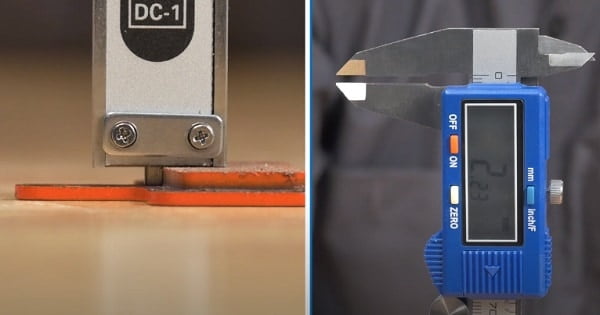
3. The brakes have become noisy
The third way is much more conditional, which is to keep an ear out for noise. There honestly is no such thing as a completely quiet brake, but there are certain patterns and loudness of noise that can indicate worn out braking pads.
This noise is produced when the brake compound is thinned out to the point where the metal back plate is exposed. The metal of the back plate will rub against the metal of the rotor to produce a squealing noise indicating that it is high time for a brake pad replacement.
A short video on when to replace your disc brake pads:
A quick guide on how to replace disc brake pads:
More Information: Types of Disc Brake Pads
The type of disc brake pad compound you have will also influence their longevity. There are three types: Metallic, Organic and Semi-Metallic.
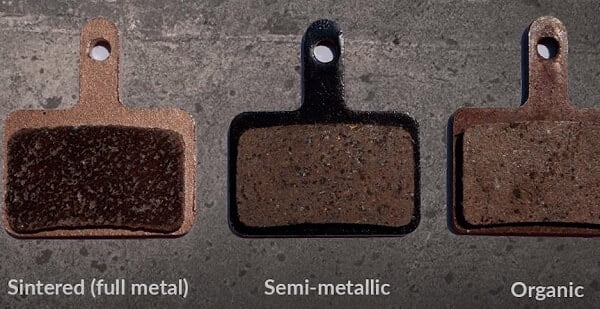
1. Metallic or Sintered
The base of this compound is of hardened metal. They are the most robust of the lot and boast a long lifespan. They have decent performance on wet conditions and can cope well in high temperatures.
2. Organic or Resin
The base of the compound is a mish mash of organic material incorporated in resin. The material itself is soft making it have a good initial bite and be a lot quieter. However, its structure does not allow it to be as long lasting as sintered pads, and can also underperform in wet and high temperature conditions.
3. Semi- Metallic
These are meant to be a go-between for sintered and organic pads, trying to bring out the advantages of both. These incorporate organic material and metal in resin on a metal back plate. Their performance really depends on how much metal the manufacturer has used in the compound.
Final Words
We are going to conclude our article by giving you one last piece of advice:
Check your brake pads often. Even more so if you are a serious cyclist.
Disc brake pads usually last longer than rim brake pads. Even with consistent cycling, a pair of brake pads can last you months. They are also easy and cheap to replace.
Keeping in mind all the information we have learned today, you should be better aware about the health of your bike’s brake pads.
It is better to invest in new pads than to be stuck with old ones in the middle of nowhere.
Frequently Asked Questions
Q1) How often should I check my bike’s brake?
Ans.: It is a good idea to give your brakes a check before every ride. Make sure that everything is in position and in working order. Especially the brake pads. You do not want to be caught out miles in the middle of nowhere with underperforming brakes.
In addition to this, it is also a good idea to have your brakes, and other moving components, checked and serviced at a bike shop regularly. Your bike might seem to be working well, but underlying conditions might exist that can rear its ugly head in the most unfortunate of times.
Q2) How do you clean bike disc brakes?
Ans.: To clean your disc brakes it is not really necessary to invest in brake cleaners or other sprays that are available in the market.
Simple spraying with isopropyl alcohol and rubbing with paper towels work wonders. It will remove grime while also keeping the decontaminated for a period of time. To avoid contaminating the pads and rotor, cleaning with mild soap and water can get the job done.
